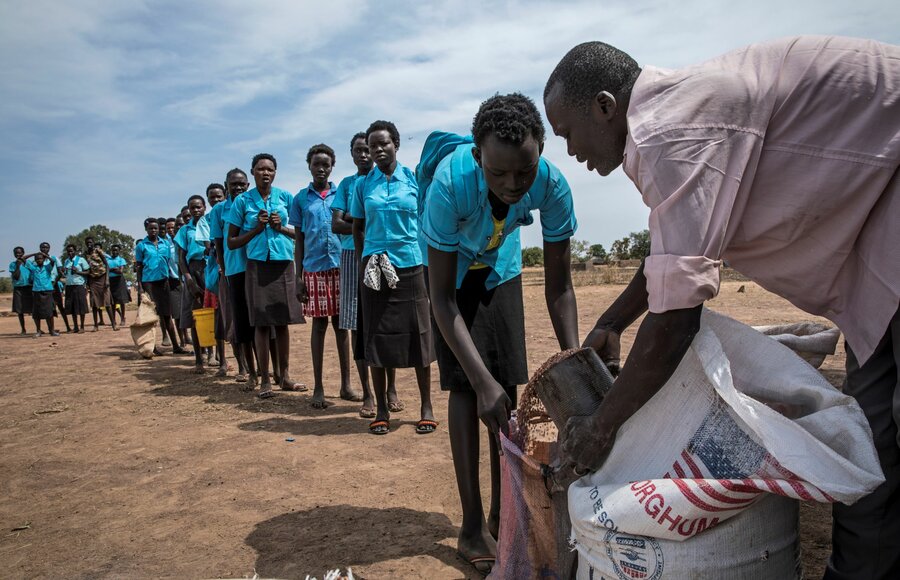Everyone wants to live a decent life where access to basic services like health and education are readily available. However, in Pochalla, a town along the South Sudan-Ethiopia border, girls are unable to exercise their rights due to cultural proscription and economic hardships.
Pochalla is in the Greater Pibor Administrative Area (GPAA), a special administration established to enhance service delivery to a former neglected part of Jonglei State. Since the area was established in 2014, following the carving out of Pibor and Pochalla counties from the rest of Jonglei State, access to health education remains a nightmare, especially for the female population.
Several girls in Pochalla Town who were interviewed by Radio Tamazuj decried the lack of services and said they proportionally feel neglected.
Bereb John Nyigwo said schooling is a nightmare for girls hoping to complete their educational journey due to domestic chores and negative cultural norms.
“Secondary and university education are lacking. Even with the available primary education, a girl might spend three years to get the next level because of homework,” she lamented. “Culturally, girls are overlooked compared to their male counterparts, making them unable to concentrate because they spend a lot of time cooking or fetching water. There is also a lack of financial support.”
Recently, four girls, aged 16 to 20, were abducted while travelling to Ethiopia to sit secondary education examinations. Coupled with economic hardship, Bereb said insecurity limits their potential to exercise their rights fully.
“Apart from school fees, the lack of financial support to buy clothes, scholastic and sanitary needs is pushing girls out of class,” she noted. “Girls end up getting support from boys who later marry them. Again, with insecurity, freedom of movement is limited, making it difficult for girls to advance their education.”
According to the constitution, women and girls have a right to a dignified life and to realize their rights to education, health, and equality among others.
Sunday Obang, 24, said she dropped out of school because secondary education was lacking, forcing her to get married, a decision which she said comes with health risks.
“I dropped out because there is no good secondary education in Pochalla. This forces one to remain out of school because, after giving birth, one has to see how to get soap for the child. It is only this year that a secondary school was established,” she disclosed. “Here, secondary education lags. Boys are sent to Ethiopia, but girls cannot travel if there are no trusted relatives in Ethiopia. We demand better education, including vocational schools.”
For her part, Sabra Obang Owety, a Pochalla resident, echoed the outcry over lack of access to services, and demanded empowerment.
“Teachers are not paid well, so they do not teach, and access to education is affected in turn,” she stated. “On the side of health, ambulances are lacking to transport women with complications. We are urging the government to support us.”
For his part, Othow Okoti, the Pochalla South County commissioner, said they are aware of the plight of women and that the country’s economic hardships are to blame.
“Our girls face several problems. The reason is that Pochalla is cut off from the rest of the country. Supplies get here by air, and a kilogram is charged at SSP 18,000 by air,” he explained. “The rights for our girls and women are inborn; it is not something to be given to them, so what is lacking is empowerment. This is exacerbated by the economic hardship.”
Meanwhile, Bol Deng Bol, a civil society activist and the Executive Director of INTREPID South Sudan (ISS), says the government should support women.
“Constitutionally, our girls are accorded full rights to education, health, and should not be married forcibly,” he said. “However, girls feel neglected because their rights are denied with impunity. So, we appeal for support.”




